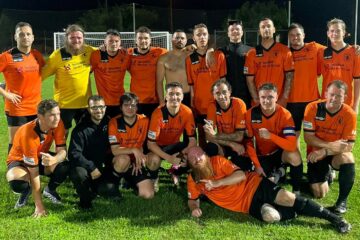Categories:
Education Courses
De Wereldschool
The Wereldschool (‘world school’) was founded over 75 years ago and aims to help families that want to maintain their children’s language or education levels. In 1936 Philipp Abraham Kohnstamm founded the Institute for Individual Read more…
